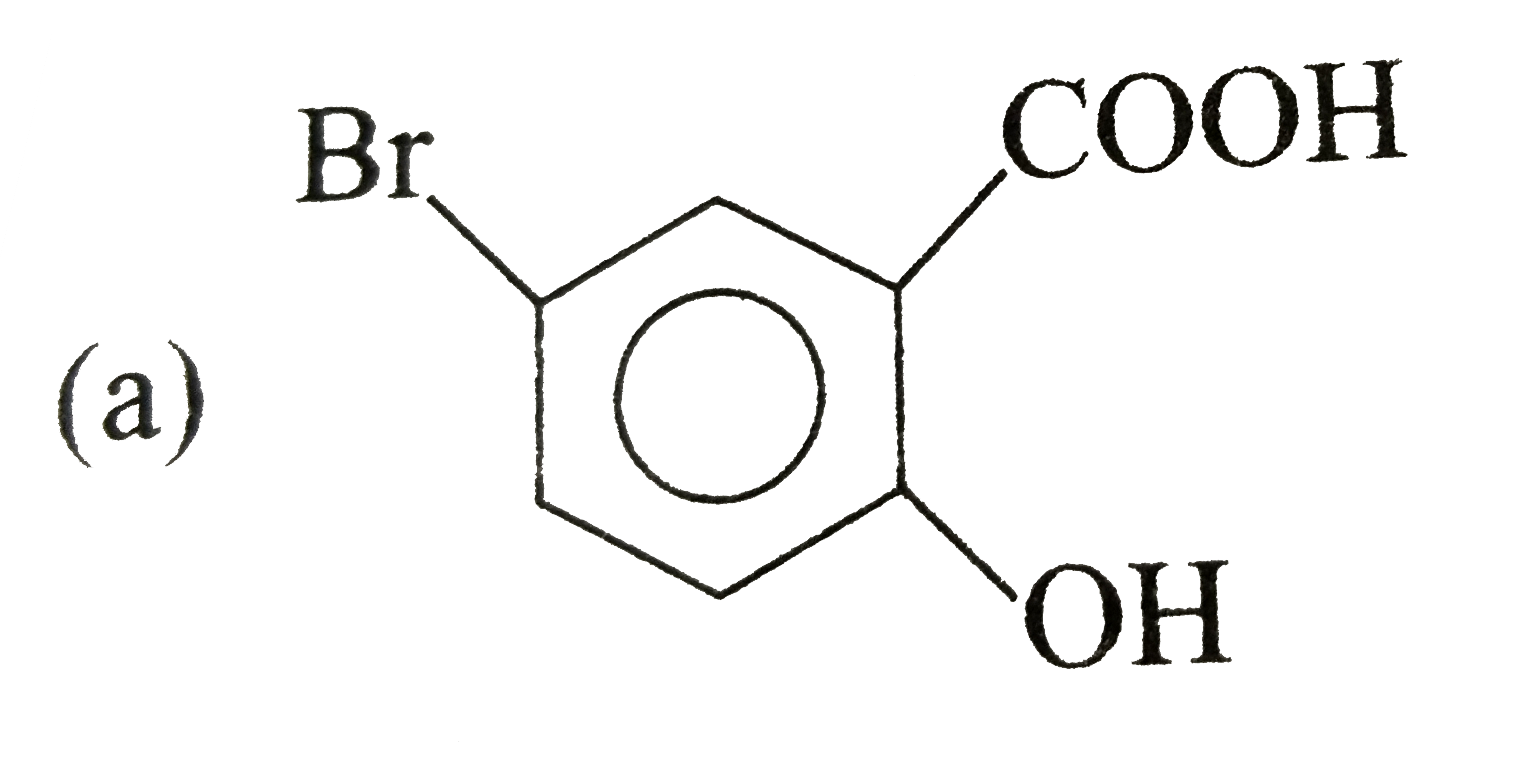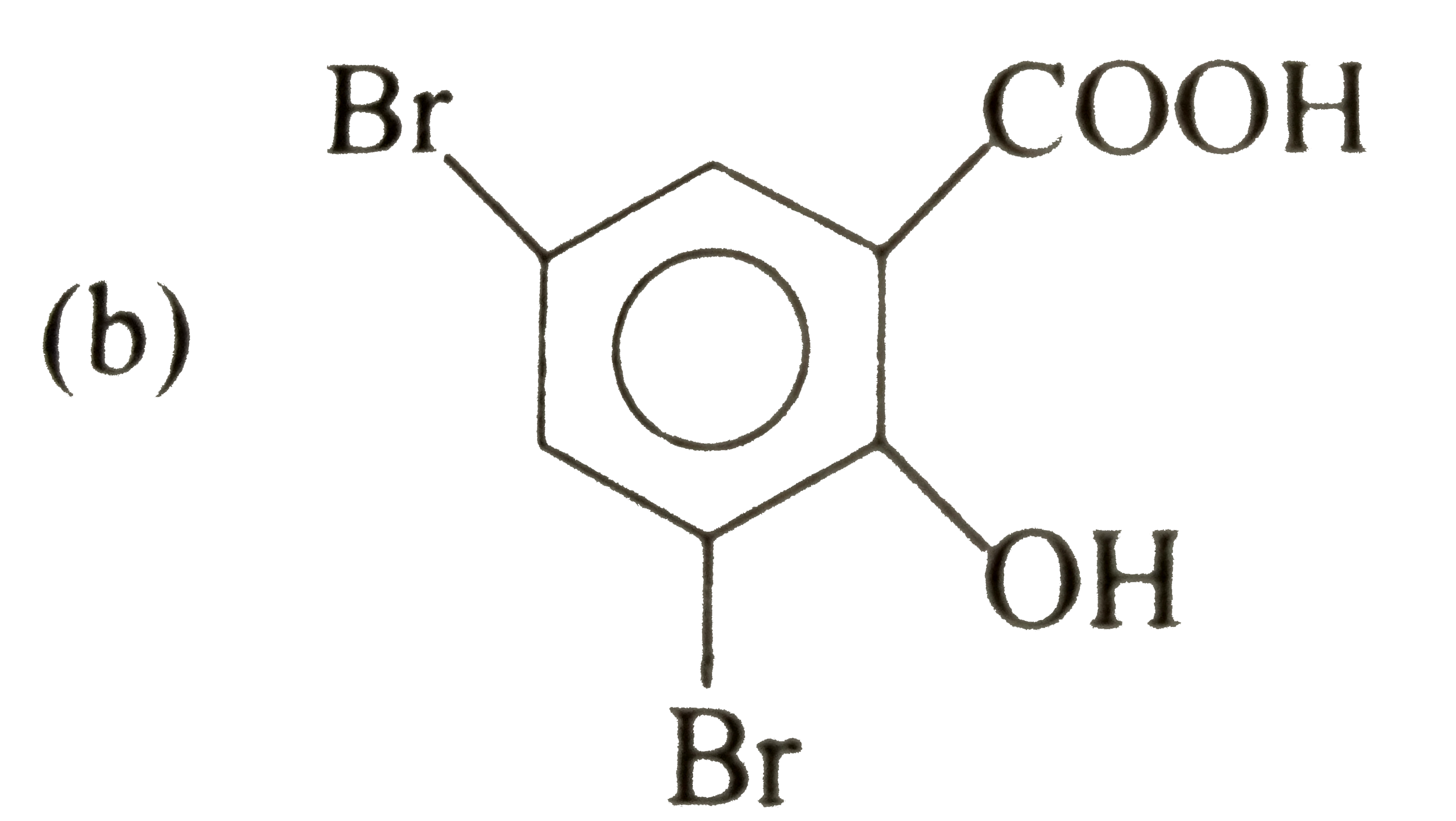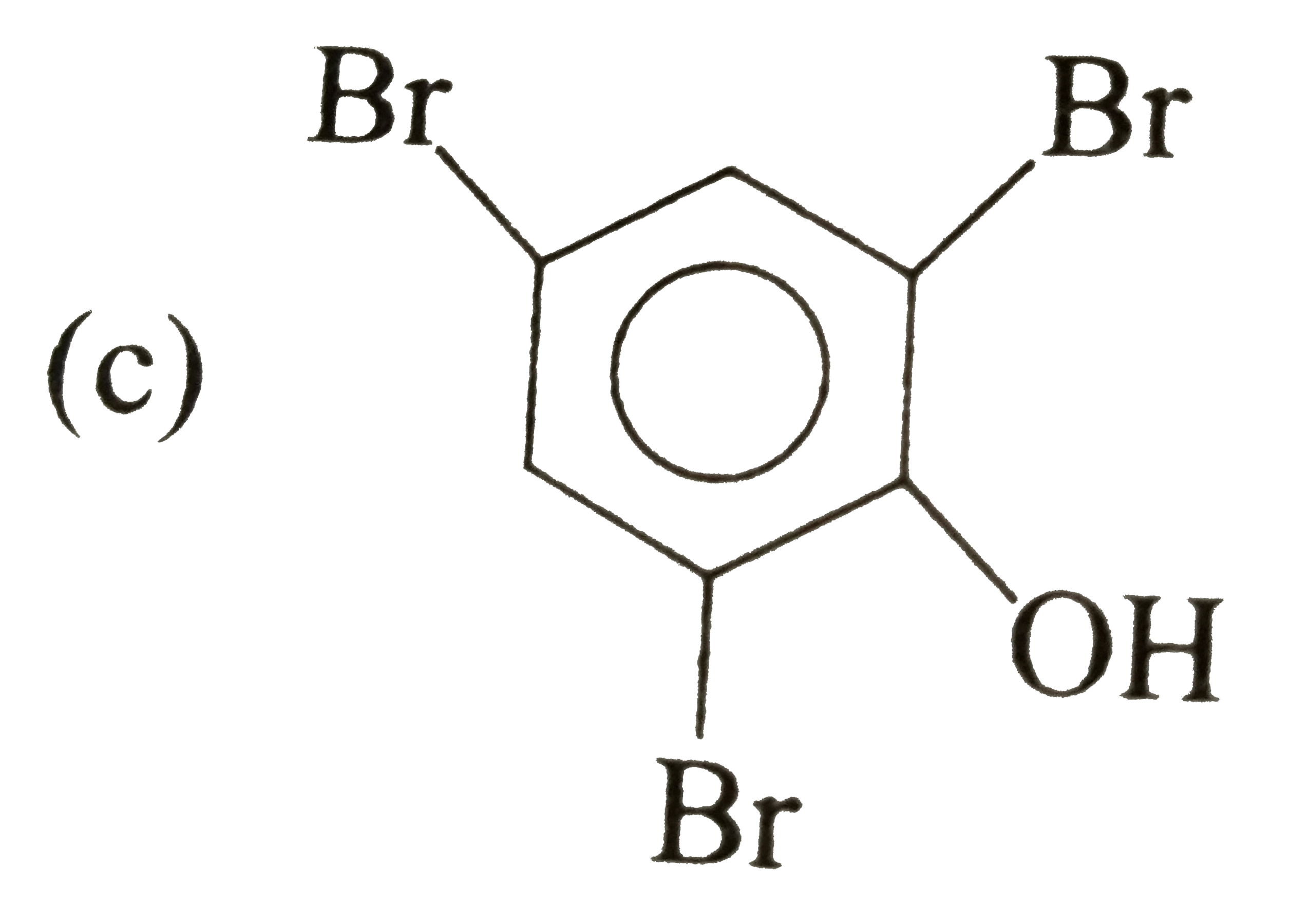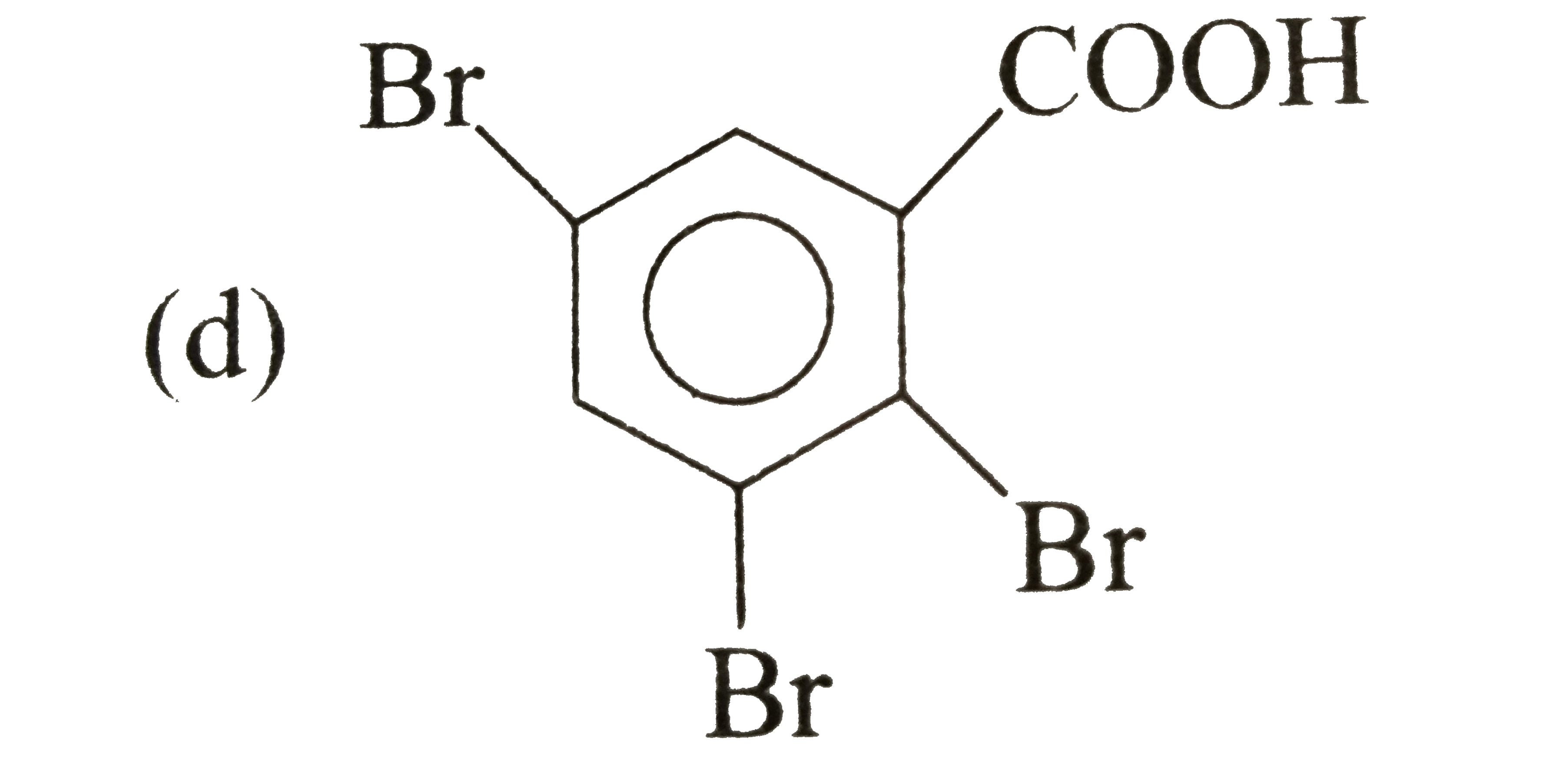Oxidative decarboxylation of pyruvic acid results in the formation of
I. Acetyl CoA , II. CO2
III. ATP , IV. NADH+H+
Only I
Both I and II
I.II and III
I,II and IV
The correct Answer is:D
(d)In mitochondria,pyruvic acid(formed by the glycolysis catabolism of carbohydrates in cytosol)undergoes oxidative decarboxylation,ie.removal ofCO2 in aerobic conditions forming a key compound,ie.acetyl Co-A by the actgion of pyruvic acid dehydrogenase(in mitrochondrial matrix)through a series of reaction.Besides acetyl-Co-A,CO2 and NADH+H+are also formed in this process pyruvic acid Co-A+NAD+
underset("Pyruvate dehydrogenase")overset(mg^(2+))to "Acetyl Co"-A+NADH+H^(+)
Topper's Solved these Questions
- RESPIRATION IN PLANTSBOOK - ARIHANT NEETCHAPTER - RESPIRATION IN PLANTSEXERCISE - B. Medical entrance special format question
12 Videos
- REPRODUCTIVE HEALTH BOOK - ARIHANT NEETCHAPTER - REPRODUCTIVE HEALTH EXERCISE - CHEPTER EXERCISE (MEDICAL ENTRANCES GALLARY) (COLLECTION OF EQUESTIONS ASKED IN NEET & VARIOUS MEDICAL ENTRANCE EXAMS)
41 Videos
- SEXUAL REPRODUCTION IN FLOWERING PLANTS BOOK - ARIHANT NEETCHAPTER - SEXUAL REPRODUCTION IN FLOWERING PLANTS EXERCISE - MEDICAL ENTRANCE EXAMS
132 Videos
Similar Questions
select the correct set of decarboxylation steps, occuring inside the mitochondria during aerobic respiration.
(a) formation of acetyl CoA from pyruvic acid (b) formation of fumaric acid from succinic acid (c) formation of alpha- ketoglutaric acid from oxalosuccinic acid (d) formation of succinyl CoA from alpha - ketoglutaric acid
View SolutionNumber of ATP produced from one pyruvic acid during conversion to acetyl CoA is
View Solution
Knowledge Check
The oxidation of pyruvic acid to CO2 is called -
AFermentationBTCA/ Citric acid cycleCGlycolysisDOxidative phosphorylationThe action of Br2/H2O on salicylic acid results in the formation of :
A B
B C
C D
D
The enzyme responsible for oxidative decarboxylation of pyruvate to acetyl Co-A is
AHexokinaseBSuccinic dehydrogenaseCPyruvate dehydrogenaseDRUBP carboxylase / oxygenase
The formation of Acetyl CoA from pyruvic acid is the result of its
View SolutionWhere does the formation of acetyl CoA from pyruvic acid take place ?
View SolutionThe formation of acetyl coenzyme-A from pyruvic acid is the result of its
View SolutionThe formation of Acetyl CoA from pyruvic acid is the result of its
View SolutionSome of the following gases are soluble in water due to formation of their ions :
I:CO2,II:NH3,III:HCL,IV:CH4,V:H2
Water insoluble gases can be:
View Solution
